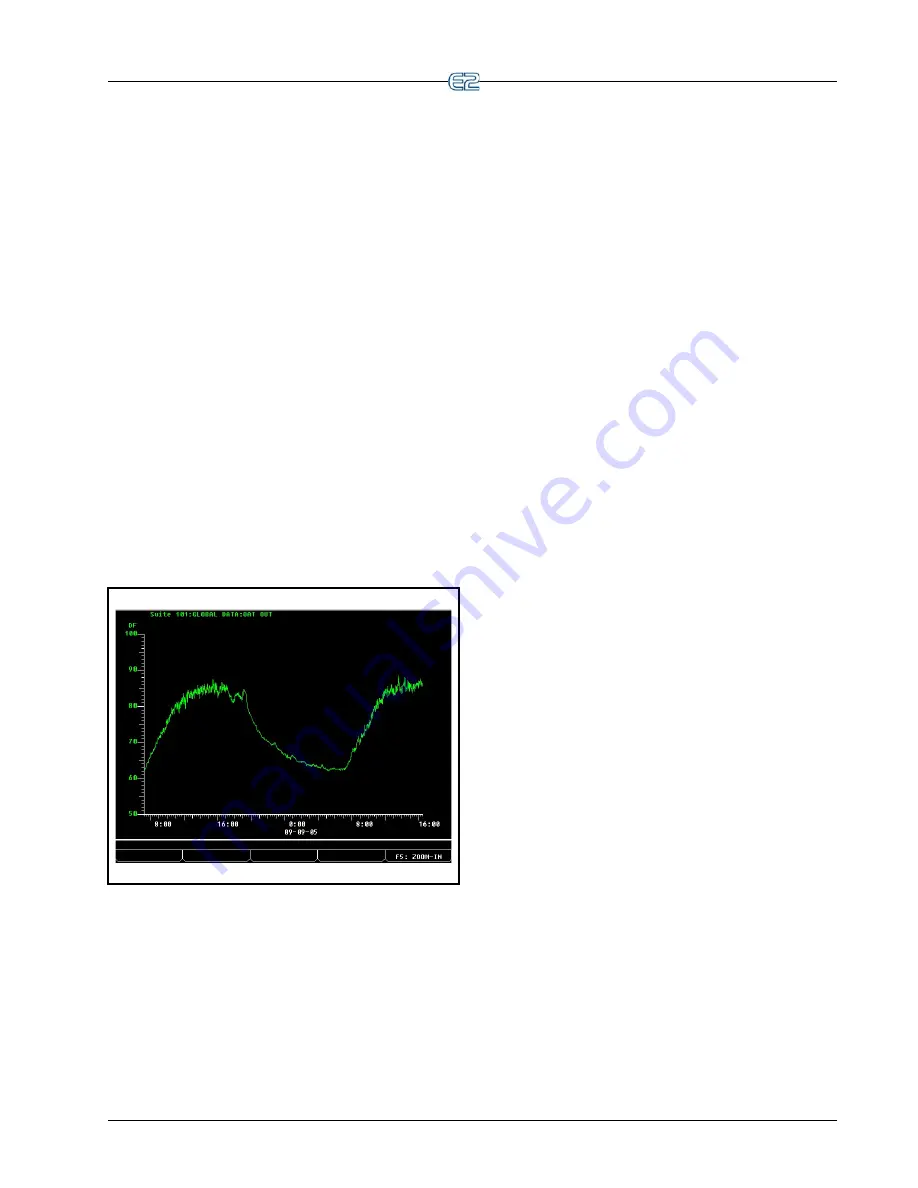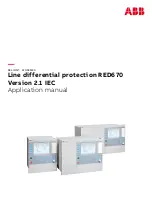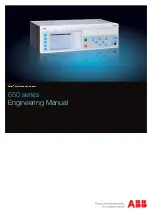
Naming Conventions for E2 Controllers, Applications, and Points
Operator’s Guide to Using the E2
•
12
-
17
2.
Select
Log
, and the Log screen opens.
Several function keys may be used to navigate the Log
view and provide additional information:
•
BEGINNING - Move the cursor to the top of
the table (the most recently recorded sample).
•
END - Move the cursor to the bottom of the
table (the oldest sample).
•
GRAPH - Displays logged data in a graph
format (see
Sample Graph View
Figure 12-28
).
•
UPDT DATA - Pressing this key updates the
Log View by adding all newly recorded samples to
the top of the table.
•
EXPD INFO - Pressing this key will display
the board/point address or the controller/applica-
tion/property address for the point that is being
logged.
•
Page Up - Scrolls up one page.
•
Page Down - Scrolls down one page.
12.11.3 The Graph View
Figure 12-28
- Sample Graph View
The Graph view shows logged data in a graphical for-
mat with sample times as the X (horizontal) coordinate
and sample values as the Y (vertical) coordinate. To access
a graph view:
1.
Highlight a value from any screen and press
to open the Actions Menu.
2.
Select
Graph
, and a graphed view of the selected
value opens.
Upon first entering the Graph view for a logged value,
all available samples are displayed. The X axis (sample
time) ranges from the time and date of the earliest avail-
able sample relative to the time and date of the latest sam-
ple. The Y axis (sample value) ranges from the minimum
sensor reading to the maximum sensor reading.
In the case of an input point log, (e.g., suction pres-
sure) assume the Log Group setup specifies Samples as
1000 and Log Interval as 0:03:00. Also assume that the
system has been running continuously with no interrup-
tions for one week. The X axis would span a time interval
starting approximately six days and six hours ago all the
way up to the present.
If suction pressure ranged from 18 psi to 25 psi during
the time period of the log, the Y axis of the graph would be
just large enough to show all samples in the log.
12.11.4 Zooming In and Out
For a more detailed view of a graph, zoom in by press-
ing
. This results in half of the samples of the current
view being redrawn to fill the entire view. Using the above
example, the graph would now shows three days and three
hours of samples from the middle of the original graph.
Pressing
again zooms in even farther.
Pressing
zooms out, resulting in a graph whose
time scale spans twice that of the previous view. This dou-
bles the number of displayed samples.
Navigating a Zoomed View
While zoomed in on a graph, only a subset of the total
number of samples are visible. To view samples that were
recorded earlier or later than those in the current view,
press the left and right cursor keys. The availability of ear-
lier or later samples is indicated by the presence of arrows
at either end of the X (time) axis.
12.12 Naming Conventions
for E2 Controllers,
Applications, and Points
• Do not name applications, controllers, or points
with all numeric characters.
• Do not use colons (:) in the names of applications,
controllers, or points.
Summary of Contents for E2
Page 2: ......
Page 4: ......
Page 16: ......
Page 24: ......
Page 48: ......
Page 55: ......
Page 56: ......
Page 72: ...6 16 E2 RX BX CX I O Manual 026 1614 Rev 4 5 JAN 2013 ...
Page 75: ...BACnet The RS485 Network and Hardware Setup 6 19 ...
Page 79: ...BACnet The RS485 Network and Hardware Setup 6 23 ...
Page 80: ...6 24 E2 RX BX CX I O Manual 026 1614 Rev 4 5 JAN 2013 ...
Page 81: ......
Page 82: ......
Page 92: ...8 6 E2 RX BX CX I O Manual 026 1614 Rev 4 5 JAN 2013 ...
Page 94: ...8 8 E2 RX BX CX I O Manual 026 1614 Rev 4 5 JAN 2013 ...
Page 114: ......
Page 144: ......
Page 203: ......
Page 204: ......
Page 226: ......
Page 253: ......
Page 254: ......
Page 257: ......
Page 258: ......
Page 267: ......
Page 268: ......
Page 270: ......
Page 282: ......
















































